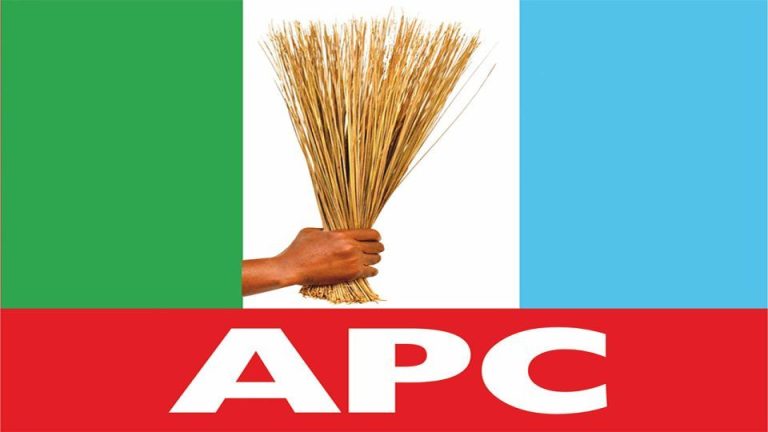

The Nigerian Upstream Petroleum Regulatory Commission (NUPRC) has said that Nigeria’s oil production capacity has reached and even surpassed the Organisation of the Petroleum Exporting Countries (OPEC) quota on several occasions this year, but the country remains constrained by the international body’s production limits.
In an interview with ARISE NEWS on Tuesday, Eniola Akinkuotu, the NUPRC spokesman, explained that while Nigeria has the technical capacity to produce up to 2 million barrels per day (bpd), the OPEC quota of 1.5 million bpd restricts the country from pushing beyond that level.
“We’ve hit OPEC’s quota a couple of times this year already, and we’ve shown capacity that we can actually exceed it. So OPEC’s quota for Nigeria is 1.5 million barrels per day, and we can’t do above that. In fact, we have received warnings on certain days, because sometimes you overshoot a bit by a few thousand barrels or a few hundreds of barrels, and you receive warnings that, look, you cannot do this because you are a member of this international organisation. It is a cartel.
“When you sign up to an international organisation, you have to adhere to its rules. And so we are being limited by that OPEC quota, and that was why we said in the previous statement that, look, technically we even have the capacity to do 2 million as of now.”
Akinkuotu’s comments come months after Minister of Petroleum Resources, Heineken Lokpobiri, announced that Nigeria was on track to hit 2 million barrels per day by the end of 2025. However, as of August, production was reported at around 1.6 million barrels per day, raising questions about the country’s ability to meet its projections.
When asked why the government continued to project a 2 million bpd target despite the quota limitation, Akinkuotu clarified that ongoing negotiations were taking place to raise Nigeria’s OPEC quota.
He explained saying, “I don’t want to appear as if I’m opposing what the minister said, but I understand that there are high-level meetings going on behind the scenes, and Nigeria is hopeful that we’ll be able to increase our quota. And that’s why, based on that hope, based on that projection, that’s why we’re saying that, okay, we can do 2 million. So that is the problem we have at the moment. And negotiations are still ongoing.”
He also noted that Nigeria’s quota had been reduced over the past few years due to underperformance and production shortfalls but insisted that the country has now proven its ability to meet — and even exceed — its allocation.
“If you’re following international politics very, very well, you see that Trump has said he’s come up with this ‘drill-baby-drill’ policy, and he’s increasing production. And when that happens, what OPEC tries to do is they try to reduce the quota, try and cut down production so that there’s no supply glut.
“So we are also still trying to get them to increase our quota, because ours was reduced in the last two, three,four, five years, because we’re not meeting the quota. So Nigeria has shown that we now have the capacity to meet and to exceed that quota. So I’m hopeful, we’re all hopeful and we’re all praying that that quota will be increased, so that at least we can show the world what we are capable of doing.”
Melissa Enoch



